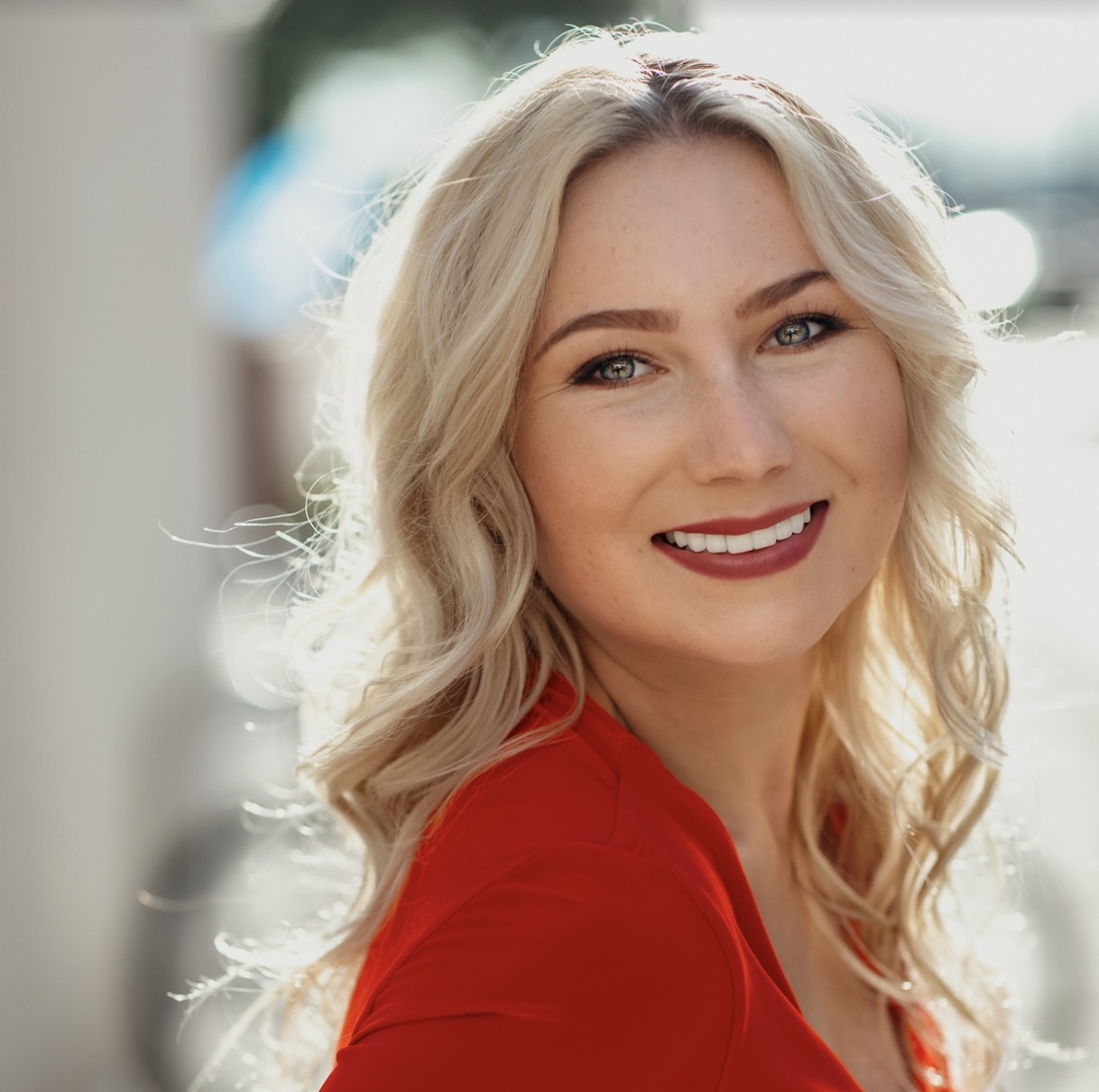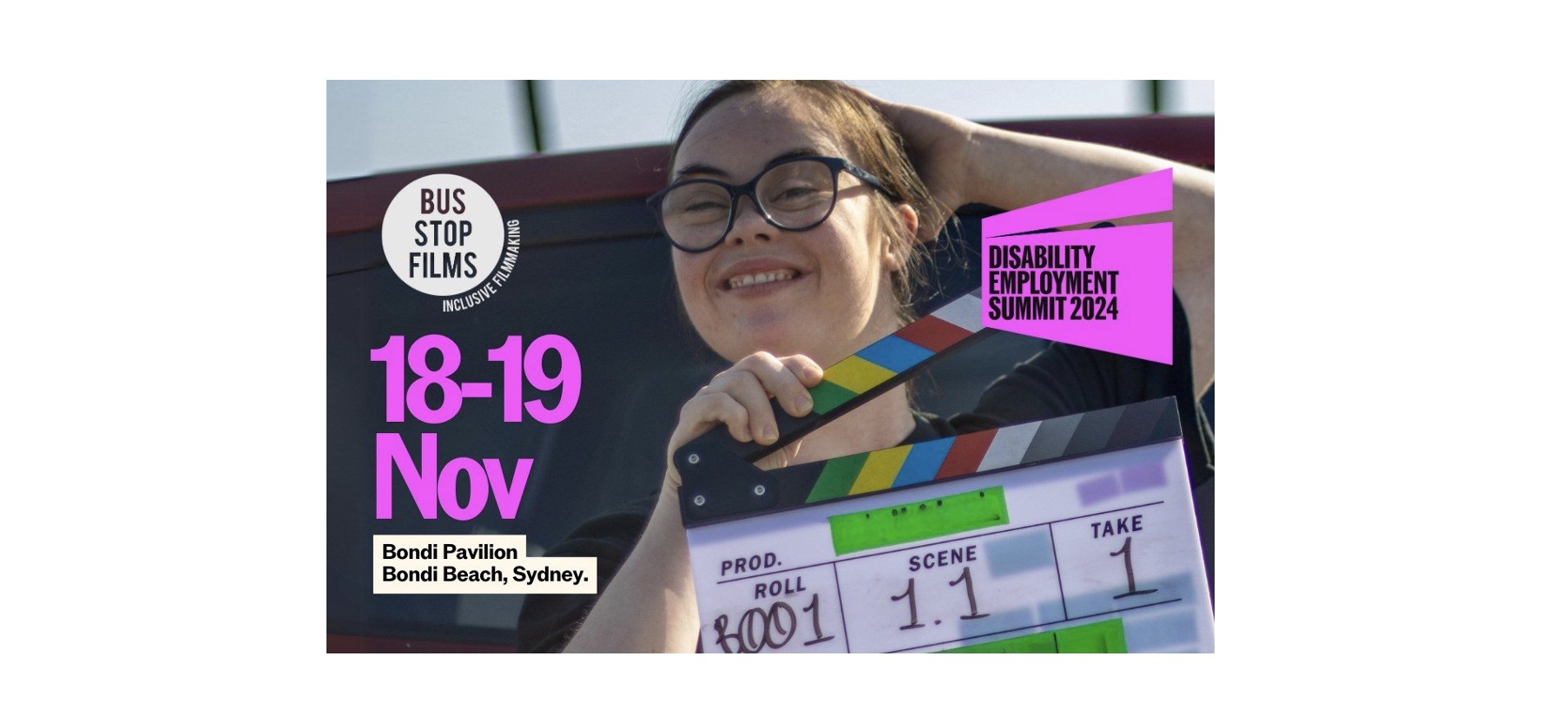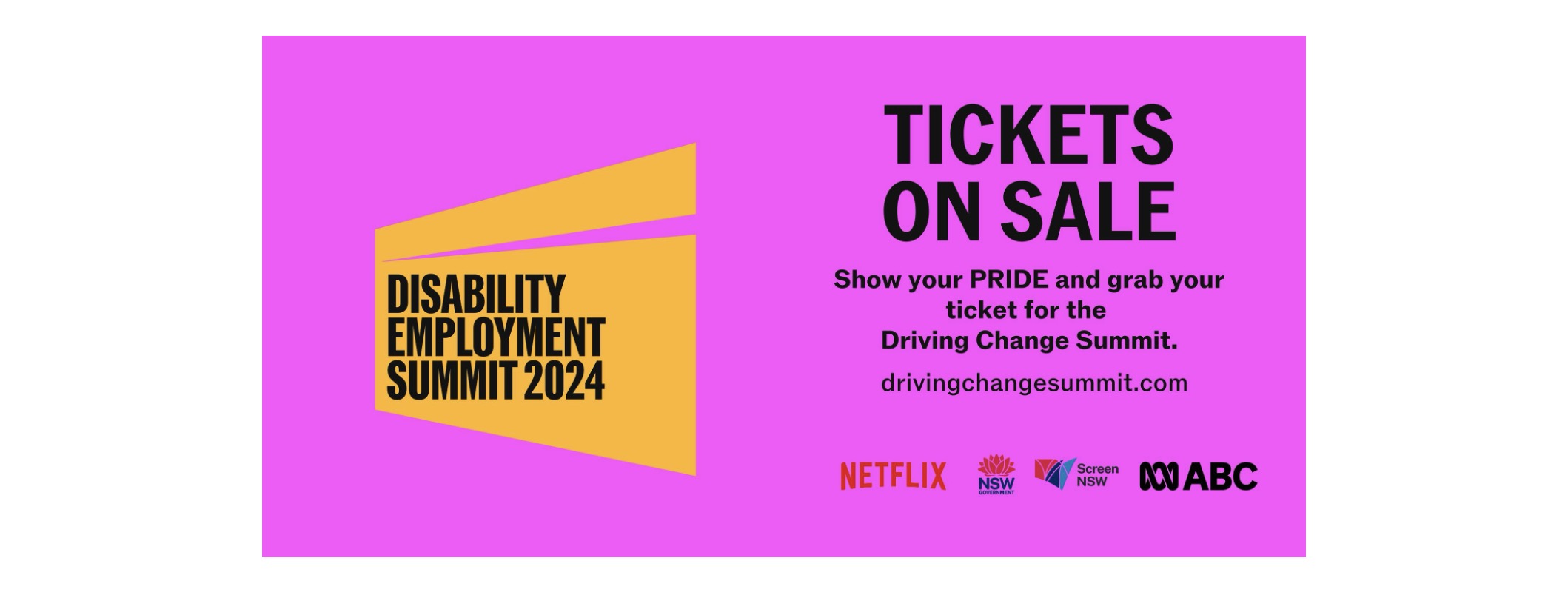CB Q&A with Keely Cat-Wells, Founder of Making Space and Disability Advocate: “Inclusivity Isn’t Optional Anymore – It’s Essential”

Keely Cat-Wells, founder of Making Space and internationally renowned disability advocate, is pioneering a transformative movement for greater representation of Disabled talent across media and entertainment. She will be delivering a keynote address at the inaugural Driving Change Summit, an event hosted by Bus Stop Films at Bondi Pavilion on November 18-19. Supported by ABC, Netflix and Screen NSW, the summit aims to explore employment opportunities for people with disabilities within the screen industry, uniting disability advocates and industry professionals to advance inclusivity in policy, production and storytelling.
Cat-Wells’ mission with Making Space has led to impactful partnerships with major companies like NBC and Netflix, with the goal of reshaping industry perceptions and practices around disability. In this interview with Campaign Brief, she shares insights into the challenges and progress she’s witnessed, along with actionable steps companies can take to create more inclusive and accessible spaces.
Keely, your work with Making Space has pushed for greater representation of talent with disabilities across major platforms. What initially inspired you to embark on this journey, and how have you seen the landscape shift over the years?
I began this journey out of necessity and personal experience. As a Disabled person, I saw how our community was systematically excluded and underrepresented, particularly in the industries that shape culture and perceptions. The lack of accessibility, authentic representation, and opportunity meant that too often, Disabled people were simply invisible. I am so passionate about changing this and ensuring we have Disabled people in all roles across the industry, including leadership positions.
Over the years, I’ve seen the landscape shift slowly, but it’s shifting. There’s more openness and recognition of the value Disabled professionals bring not just for compliance or for the business case but for real innovation and impact. I also stand on the shoulders of the many Disability advocates who have come before me in this space and have blazed the trail that we get to continue building on. I am so grateful for them and the path they have created.
You’re delivering a keynote at the upcoming Driving Change Summit, which will bring together the disability, commercial advertising, broadcast, and production sector and elevate the people and purpose for driving change in policy, production, attitude and storytelling around disability. Why do you think now is a pivotal time for people working in these creative fields to rethink their approach to disability inclusion?
Now is a pivotal time for creative fields to rethink disability inclusion because, frankly, we’re past due for a complete shift in how we see and represent disability. Right now, the world is facing social and economic challenges that demand fresh perspectives and bold actions. For too long, disability has been seen as a niche topic—something “separate” or “special.” But it’s not. It’s universal, impacting every industry, every community, and every facet of life. As storytellers, advertisers, and creators, we have a responsibility to reflect that truth.

Given that 65% of Australians now expect brands to promote diversity and inclusion, how do you think brands can move beyond inclusive advertising to adopt inclusive employment practices within their organisations?
We must move from awareness to action and employers need to integrate accessibility and disability inclusion into every aspect of the business, just like you would with any other core value. It shouldn’t sit in a corner or be managed by one department, it should be embedded into the DNA of the company. Whether it’s talent acquisition, product development, marketing, or customer service, accessibility must be baked in. When it’s siloed, it becomes an afterthought, something that’s addressed only when there’s a problem. And this limits opportunities for Disabled employees and customers. Bringing it out of the silo creates a more innovative, inclusive, and forward-thinking environment where everyone benefits. And to the Disabled people, know our rights and to our allies, support and uphold our rights.
You’ve recently established partnerships with major companies like NBC and Netflix to create opportunities for talent with disabilities. Could you share some insights into how these partnerships were formed and what impact they’ve had on the industry so far?
At Making Space we believe in creating new pathways to employment by putting employer endorsed education at the forefront of the hiring process. We are also passionate about democratizing free and accessible education for the Disabled community. Making Space developed an in-person and online educational training tailored to NBC’s needs to source and prepare Disabled talent for host roles. Together, we made history, placing the first-ever Disabled hosts on the NBC Paralympics broadcast, we also placed talent on the Olympics broadcast and many are going on to other roles using this experience and training.
For advertising agencies, production companies, and brands aiming to foster genuine inclusivity, particularly behind the camera and in creative decision-making roles, what are some specific, actionable steps they can take?
• Partner with talent platforms and companies like Making Space or Bus Stop Films to intentionally bring in Disabled and underrepresented creatives, especially for behind-the-camera and decision-making roles.
• Ensure onboarding is accessible and include Disability Confidence Training for all staff to build a culture of understanding and respect.
• Create structured mentorship and development programs to support Disabled talent in advancing to leadership positions.
• Involve Disabled and underrepresented creatives in (paid!) creative councils and decision-making on projects for authenticity in storytelling.
• Offer remote and accessible work options, accommodations, and clear paths for growth.
• Set measurable goals, publish progress, and use metrics to stay accountable.
Finally, for brands that may still be a little hesitant to make inclusivity a core part of their advertising, what would you say to encourage them to take this leap? What risks do they face by not evolving with the times?
If you’re not making inclusivity central to your brand, you’re already falling behind. Today’s consumers expect brands to reflect real, diverse experiences, including those of Disabled people. Failing to evolve means losing relevance, loyalty, and ultimately market share. Everyone will experience disability at some point, and many are already holding back their best work due to fear of disclosure, failing to embrace inclusivity means missing out on the full potential of your people and your brand.
The Driving Change Summit will be held at Bondi Pavilion on Monday 18th and Tuesday 19th November 2024. All in-person tickets include the Welcome Reception on Sunday, 17th November at the North Bondi Surf Club, catered by The Depot, Bondi Beach.
For more details and to purchase tickets please visit drivingchangesummit.com
Check out the summit schedule here.

